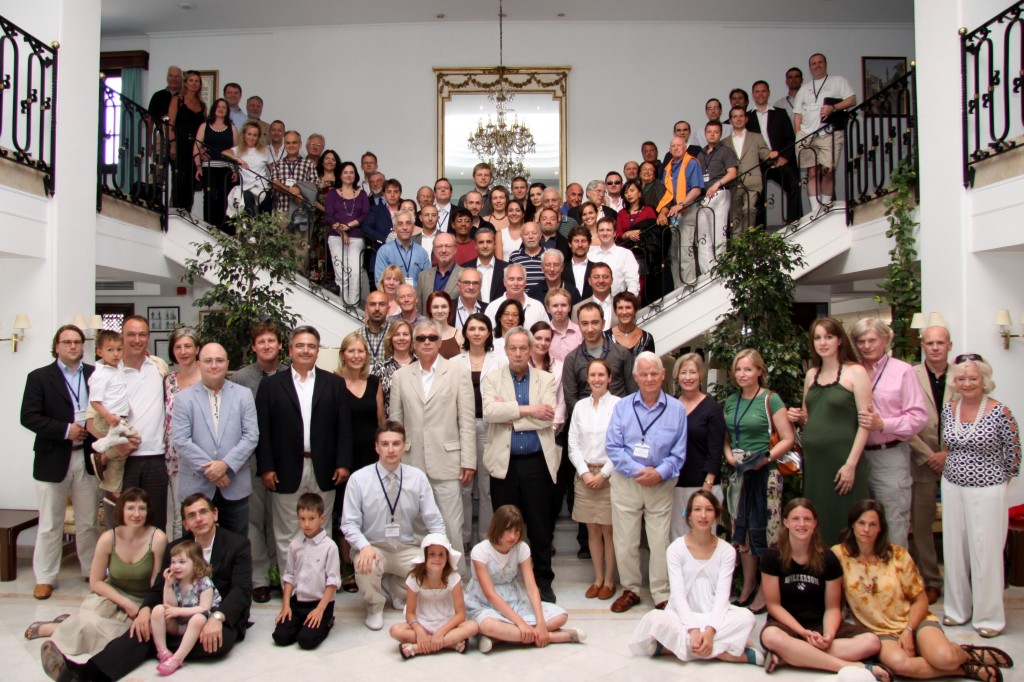Hoppe: The Property And Freedom Society — Reflections After Five Years
(Austrian) Economics, Anti-Statism, Democracy, Immigration, Political Correctness, The Left, The Right, Vulgar PoliticsI was privileged to attend to the Fifth Annual Meeting of the Property and Freedom Society last week. It was held in beautiful Bodrum, Turkey at the Hotel Karia Princess, from June 3-7, 2010. The list of speakers may be found in the Program. This is my second, having also attended the inaugural meeting in 2006. I’ll put up another blog soon with more details about the event, but for now let me say it was without a doubt the best liberty related event I’ve ever attended. And two of my fellow TLS co-bloggers also attended–Gil Guillory and Juan Fernando Carpio.

Professor Hoppe’s opening address, “The Property And Freedom Society — Reflections After Five Years,” is published here on The Libertarian Standard today. It’s a fascinating, informative, and perceptive overview of various libertarian paleo- and related alliances over the years.
Hoppe surveys the mistakes of former alliances, and lessons learned; and also devastatingly illustrates how the state has coopted even most free market think tanks into serving the state’s aims:
The strategy of Hayek and of the Mont Pelerin Society, then, had to fail. Instead of helping to reform—liberalize—the (Western) State, as they intended (or pretended?) to do, the Mont Pelerin Society and the international “limited-government” think-tank industry would become an integral part of a continuously expanding welfare-warfare state system.
Indicators for this verdict abound: The typical location of the think tanks is in or near the capital city, most prominently Washington, DC., because their principal addressee is the central government. They react to measures and announcements of government, and they suggest and make proposals to government. Most contacts of think-tankers outside their own institution are with politicians, government bureaucrats, lobbyists, and assorted staffers and assistants. Along with connected journalists, these are also the regular attendees of their conferences, briefings, receptions and cocktail parties. There is a steady exchange of personnel between think tanks and governments. And the leaders of the limited government industry are frequently themselves prominent members of the power elite and the ruling class.
Most indicative of all: For decades, the limited government movement has been a growth industry. Its annual expenditures currently run in the hundreds of millions of dollars, and billions of dollars likely have been spent in total. All the while, government expenditures never and nowhere fell, not even once, but instead always and uninterruptedly increased to ever more dizzying heights.
And yet, this glaring failure of the industry to deliver the promised good of limited government is not punished but, perversely, rewarded with still more ample funds. The more the think tanks fail, the more money they get.
The State and the free market think tank industry thus live in perfect harmony with each other. They grow together, in tandem.
As for lessons learned:
…
Hoppe: The Property And Freedom Society — Reflections After Five YearsRead More »
Hoppe: The Property And Freedom Society — Reflections After Five Years Read Post »

